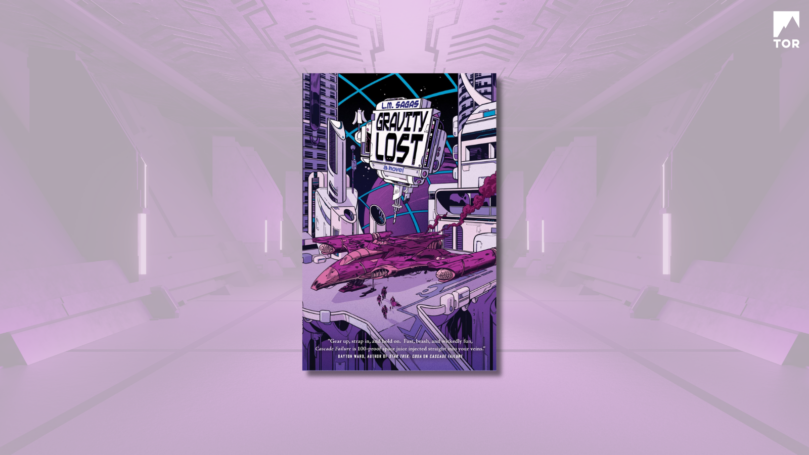
Excerpt Reveal: Gravity Lost by L.M. Sagas
Please enjoy this free excerpt of Gravity Lost by L.M. Sagas, on sale 7/23/24

Please enjoy this free excerpt of Gravity Lost by L.M. Sagas, on sale 7/23/24
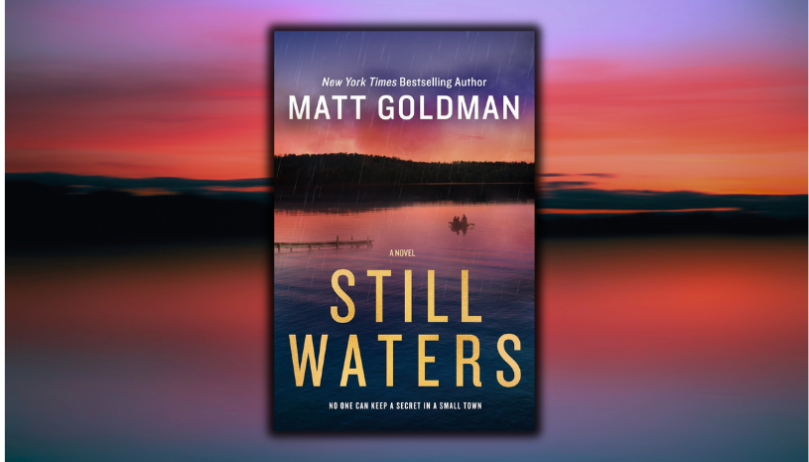
If you’re reading this email, I am dead. I know this will sound strange, but someone has been trying to kill me. Liv and Gabe Ahlstrom are estranged siblings who haven’t seen each other in years, but that’s about to change when they receive a rare call from their older brother’s wife. “Mack is dead,”…
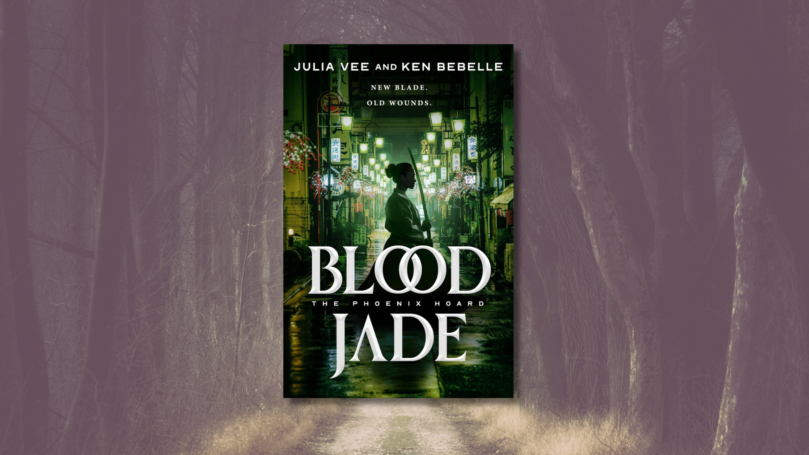
Please enjoy this free excerpt of Blood Jade by Julia Vee and Ken Bebelle, on sale 7/16/24
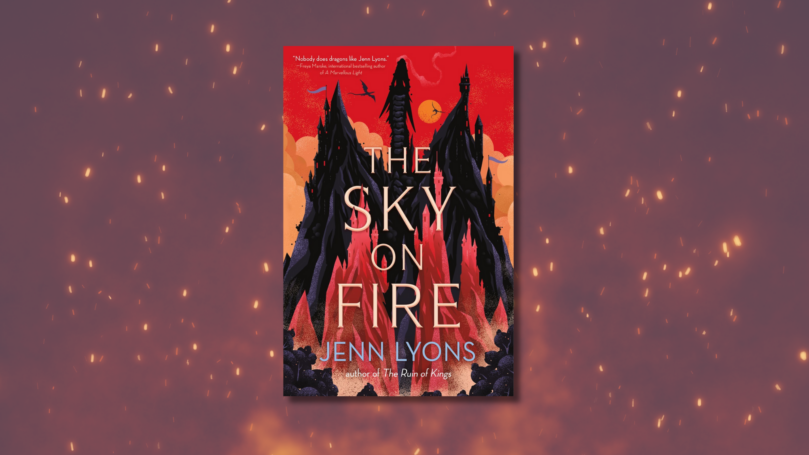
Please enjoy this free excerpt of The Sky on Fire by Jenn Lyons, on sale 7/16/24
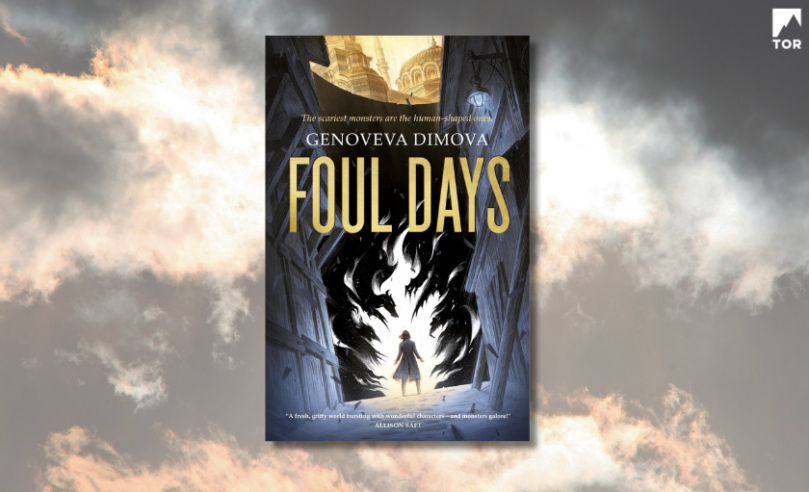
Please enjoy this free excerpt of Foul Days by Genoveva Dimova, on sale 6/25/24

Please enjoy this free excerpt of Icehenge by Kim Stanley Robinson, on sale 6/11/24
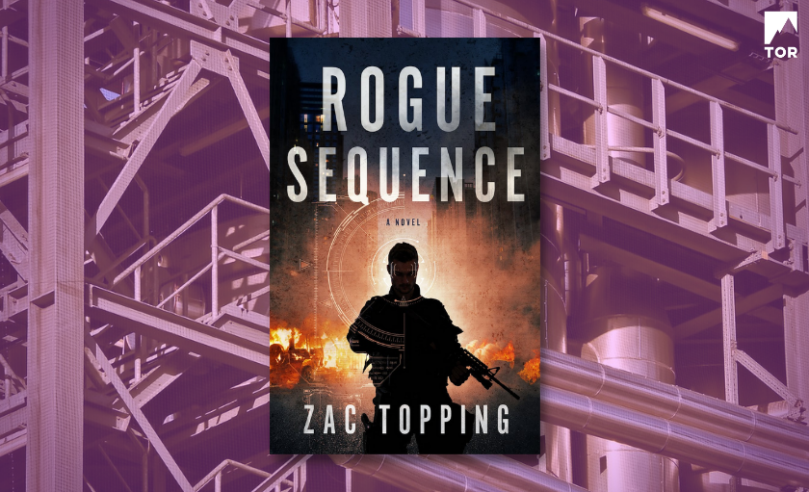
Please enjoy this free excerpt of Rogue Sequence by Zac Topping, on sale 6/11/24
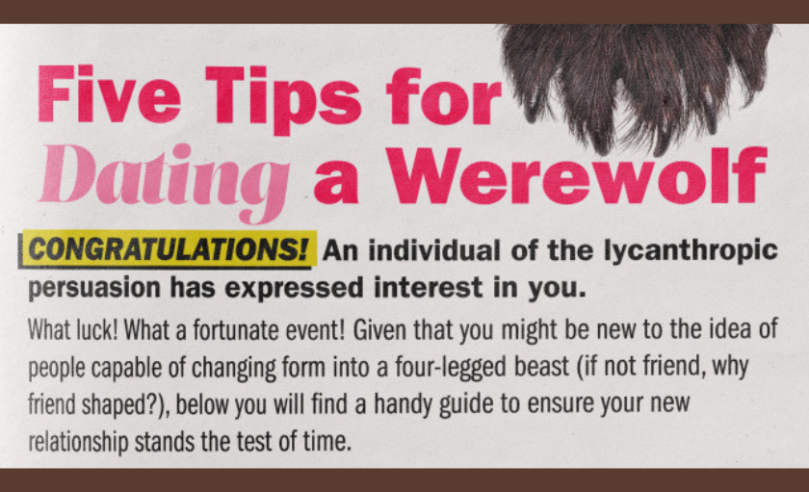
Congratulations! An individual of the lycanthropic persuasion has expressed interest in you. What luck!
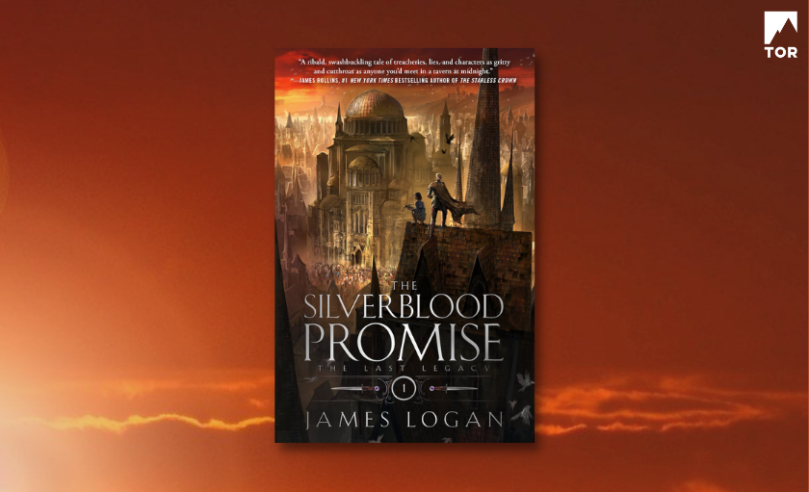
Please enjoy this free excerpt of The Silverblood Promise by James Logan, on sale 5/7/24

Please enjoy this free excerpt of Web of Angels by John M. Ford, on sale 4/30/24